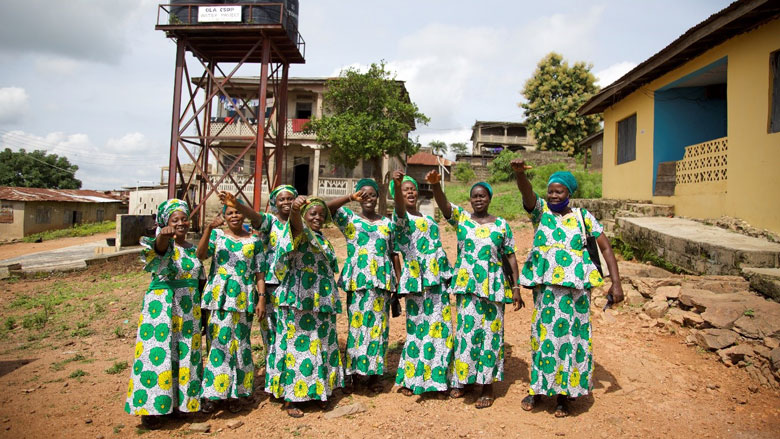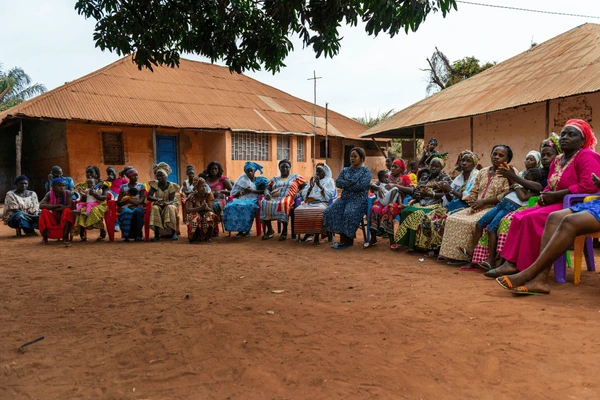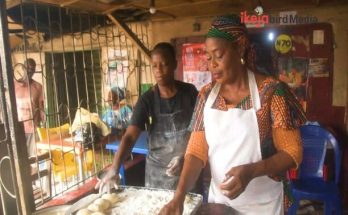By Sunkanmi Adewunmi
Edited by Ezennia Uche
In the Nigeria of old, no one truly lived alone. Neighbours were family, and families were communities. In village compounds, everyone shared daily life — from naming ceremonies to harvests. A child’s upbringing wasn’t one person’s duty but a village affair.
Among the Yoruba, communal life was built on respect and shared responsibility. The Igbo pooled resources for education, weddings, and emergencies. “The clan was the pivot for human and capital development,” recalls an elder from Enugu. In the Hausa north, extended families lived close by, helping one another through work and celebration. Across the country, no one faced hardship alone.
From Villages to Cities: A Way of Life Under Pressure
That world is fast disappearing. Over half of Nigeria’s population — about 54% — now live in cities. At an urbanization rate of roughly 3% a year, villages are shrinking while Lagos, Kano, and Abuja expand beyond recognition.
Young people leave rural homes for school and work, chasing dreams that the village can no longer sustain. Apartment blocks replace compounds; gated estates stand where courtyards once buzzed with laughter. Traffic and long work hours mean fewer weekend visits to parents or village meetings.
As one Lagos resident puts it: “Everyone is rushing. You can live next door to someone for years and never know their name.”
Westernization has deepened the change. The modern emphasis on individual success and nuclear family life often clashes with traditional African values built on kinship and shared identity.
New Threats: Insecurity and Hard Times

Insecurity has also torn apart communal life. Bandit attacks and kidnappings have emptied entire villages. The 2025 Global Peace Index ranks Nigeria 148th out of 163 countries for peacefulness. In the Northeast, Boko Haram has killed more than 15,000 people and displaced about 3.9 million.
When families are scattered into IDP camps, centuries-old customs vanish overnight. Even in cities, fear of theft or attack pushes people to lock themselves indoors.
Economic hardship makes things worse. Nearly half of Nigerians live below the poverty line, and inflation keeps climbing. “People are struggling to take care of their own homes,” says an Igbo community leader in Anambra. “They can no longer assist cousins or neighbours like before.”
Where once hundreds contributed to a wedding or burial, today only a few can afford to. The spirit of collective giving — a cornerstone of Nigerian life — is fading fast.
The Human Cost: Loneliness in a Crowded World
Behind this social shift is a quiet emotional crisis. Older people, once surrounded by children and neighbours, now face loneliness and neglect. A recent Nigerian gerontology study found that when young relatives move to cities, rural elders are left behind with little support and higher risks of depression.
In one survey, about one in four retirees reported feeling persistently lonely. “When you live alone, even illness becomes harder,” says Mama Efun, a 76-year-old from Osun whose children now work in Lagos. “In the village, someone would always check on you. Here, it’s just me.”
But even the young are not immune. Many urban dwellers admit to feeling isolated despite being surrounded by people. Long hours, stress, and financial strain leave little room for connection. Psychologists say this growing detachment — the loss of “someone having your back” — is taking a quiet toll on mental health.
Preserving Togetherness: Blending Tradition with Change

Yet all is not lost. Across Nigeria, small efforts are keeping communal values alive. Churches, mosques, and NGOs organise community cleanups, youth clubs, and health drives that bring neighbours together. Some families hold annual reunions to preserve shared traditions through weddings, naming ceremonies, and Christmas visits.
Even technology plays a role. WhatsApp family groups and social media communities now act as digital compounds — sharing news, advice, and encouragement in real time.
Experts say policy and planning can help too. Urban designers advocate for public spaces that encourage interaction — parks, co-housing, and community centres. Schools that teach local history and culture can also pass on lessons about mutual aid and respect.
As one sociologist put it, “Neighbourliness, mutual aid, and a sense of belonging can survive anywhere — but only if we make them priorities.”
In the end, preserving Nigeria’s communal heritage may mean blending tradition with change. As one commentator suggests, values like “neighborliness, mutual aid, and a sense of belonging” can endure even in cities, if people make them a priority. The challenge is great, but so is the memory of what Nigeria once was – a tapestry of interwoven lives. If Nigerians at home and abroad remember that history and adapt its lessons creatively, perhaps the sense of community can survive in new ways even as the country changes.








